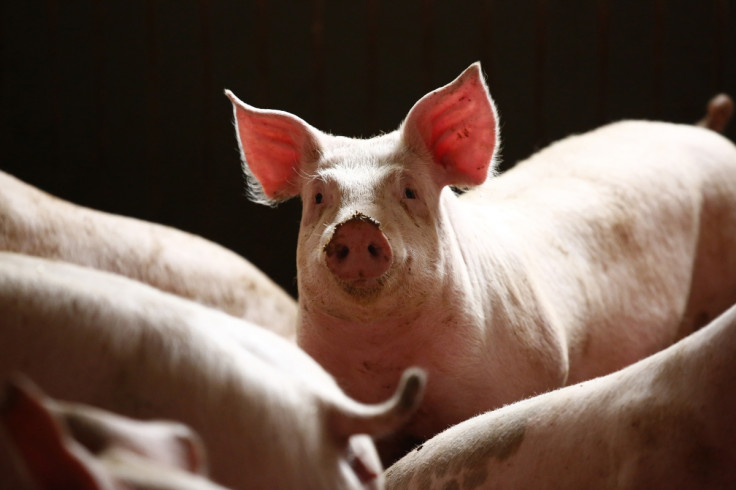Oxford University Press dismisses reports of ban on pork and pigs in books

The Oxford University Press (OUP) has dismissed suggestions it initiated a "blanket ban" on mentioning pigs or pork products in its books.
The publishing company also said it has not changed its guidelines, which, as OUP primary publishing director Jane Harley said, have been around "as long as I remember".
The company was criticised following reports it handed out "ludicrous" guidelines to writers advising them not to mention pigs, sausages or "anything else which could be perceived as pork" in order to not cause offence to Muslims or Jews.
The reports stemmed from a segment on BBC Radio 4's Today programme where presenter Jim Naughtie read out the apparent guidelines during a discussion on free speech in the wake of the terror attacks on French magazine Charlie Hebdo.
Writing in the Guardian's Comment is Free section, Harley said OUP has not banned writers from mentioning pigs or pork, but the recent coverage on the company shows balance is needed when considering students' learning needs while also retaining some "healthy common sense".
She said: "To address children's learning needs, it is important that they also reflect the cultural context in which children are learning. In the UK, we take it for granted that we would not include references to sex, violence, or alcohol in our textbooks; to do so would be considered inappropriate and offensive to many. In order to make an impact around the world, there are other sensitivities that, although not necessarily obvious to some of us, are nonetheless extremely important to others.
"While we should be mindful of these cultural sensitivities, a healthy dose of common sense is also required. Cultural taboos must never get in the way of learning needs, which will always be our primary focus.
"So, for example, a definition of a pig would not be excluded from a dictionary, and we wouldn't dream of editing out a 'pig' character from an historical work of fiction. We also maintain entirely separate guidelines for our academic titles which are relevant to scholarly rather than educational discourse."
Harley added the company must consider how to avoid references to a range of topics that could be considered sensitive in a way that does not "compromise quality, or negatively impact learning".
An OUP spokesperson added: "Our materials are sold in nearly 200 countries, and as such, and without compromising our commitment to educational excellence in any way, we encourage some authors of educational materials respectfully to consider cultural differences and sensitivities.
"Guidelines for our educational materials differ between geographies and do not cover our academic publishing."
© Copyright IBTimes 2024. All rights reserved.







